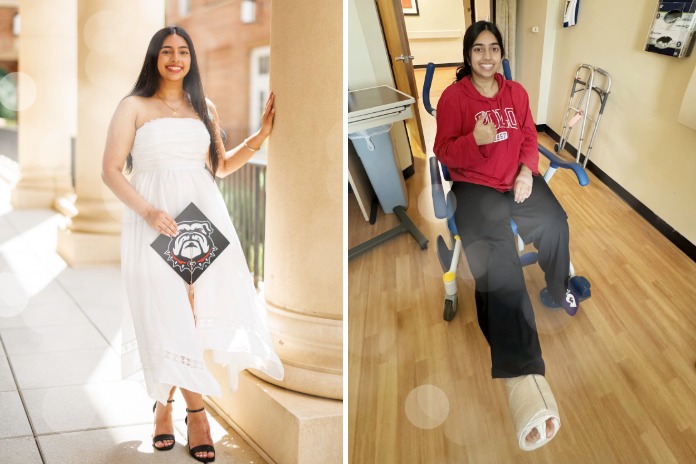No athlete – professional or recreational – is happy when they’re sidelined with an injury. That’s particularly true when the injury is thought to be career-ending, like an Achilles tendon rupture. Fortunately, researchers from Emory University’s Department of Orthopedics have found otherwise.
An Overview: Achilles Tendon Rupture
The Achilles tendon connects calf muscles to your heel. Overuse or overstretching it can cause it to tear completely or, sometimes, only partially. When the tendon ruptures, it can cause significant pain and limited mobility. In fact, it can make it difficult and painful to put pressure on it when you walk.
The most common treatment for a ruptured Achilles tendon is surgery, but sometimes non-surgical treatment is also effective. After surgery, your orthopedic provider will recommend therapy and strengthening exercises to regain mobility.




